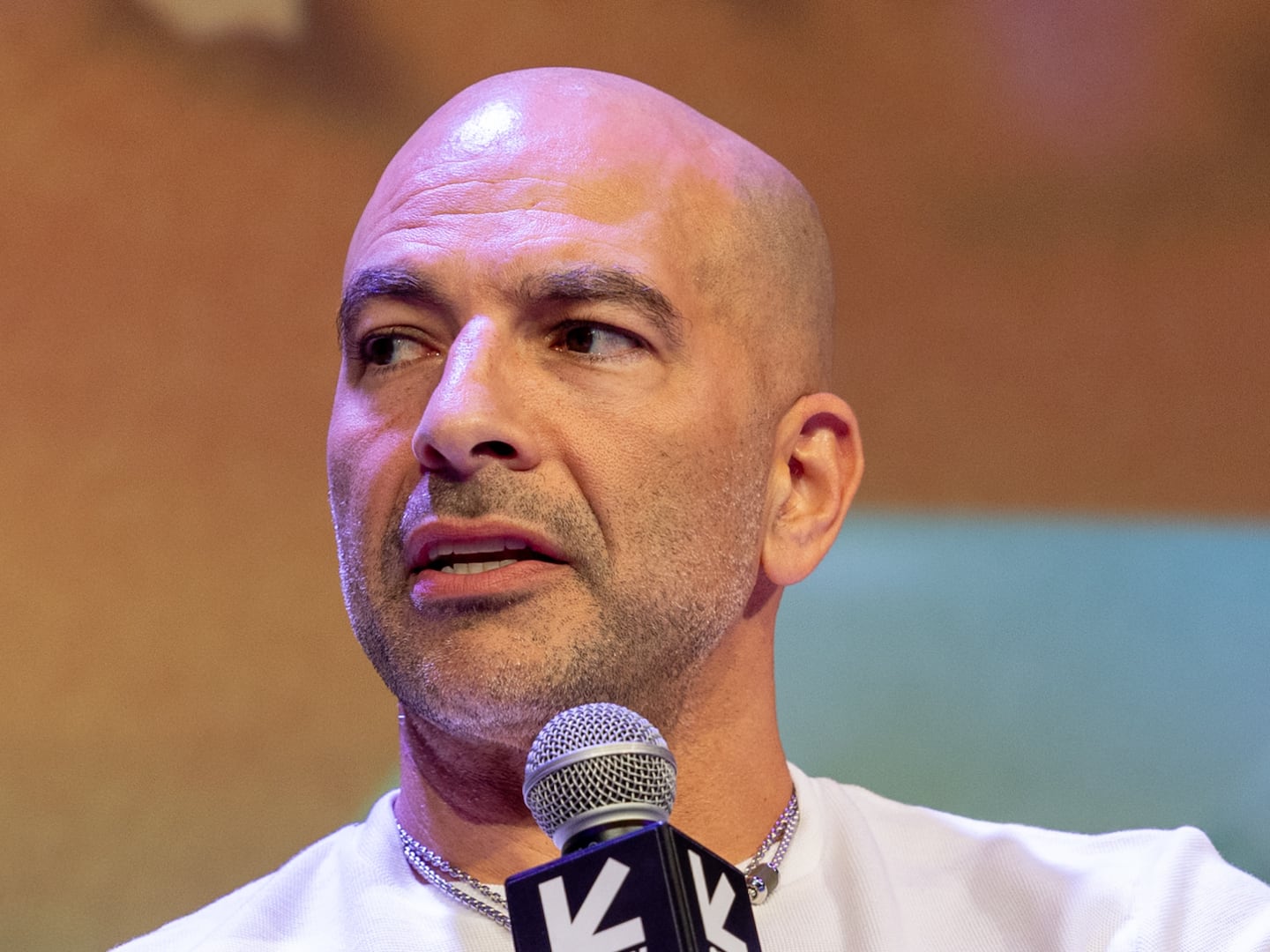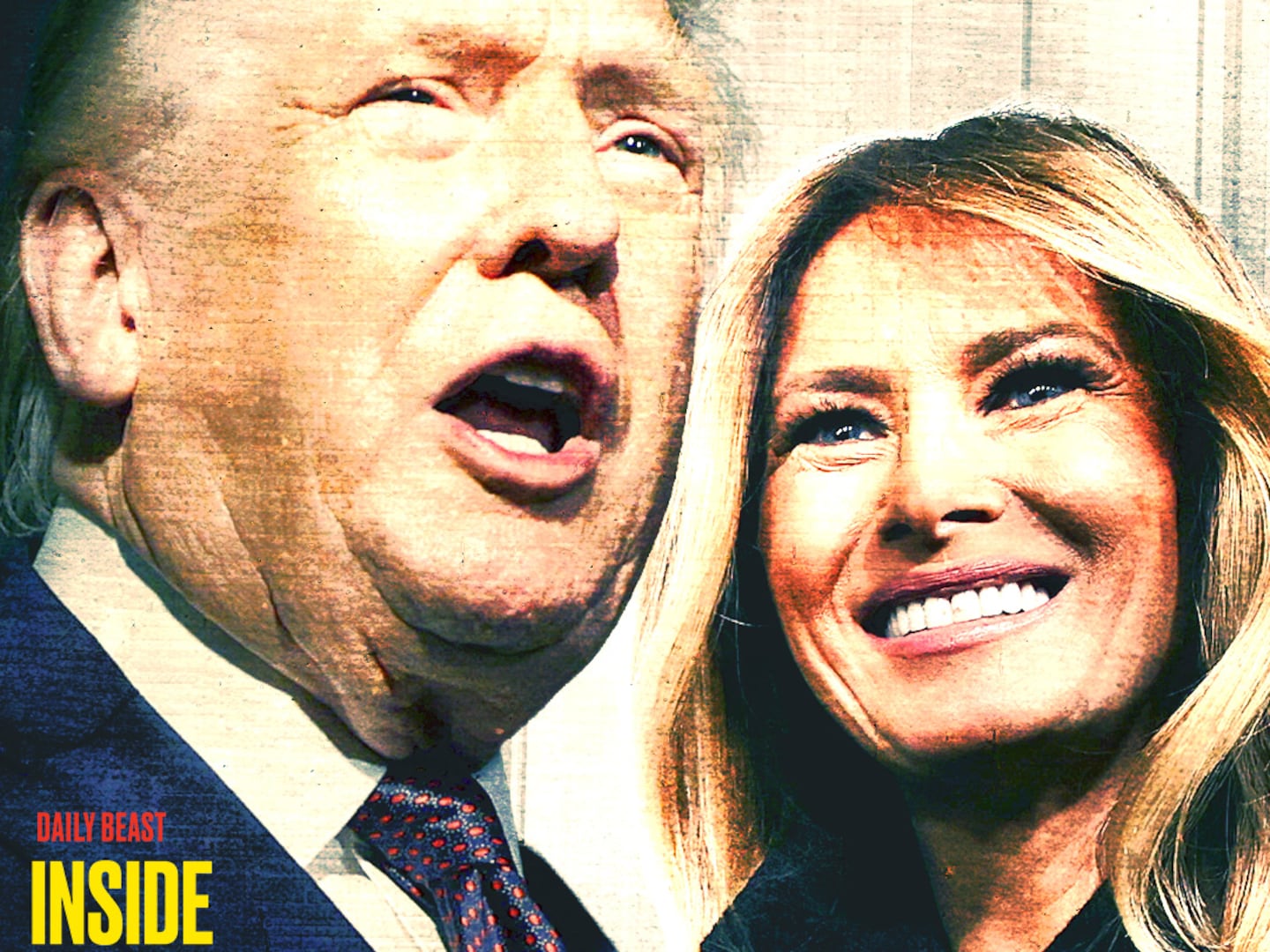America might one day soon wake up to find it's lost the Iranian people. Recent developments point to a shift in the balance of anger among Iranians—a shift that likely will be detrimental to America's interests. Not only could the factors driving these changes sour the goodwill enjoyed by the U.S. in Iran, but they will likely also harm President Obama's chances of softening Tehran's position on issues like the nuclear standoff with the West.
It may sound like a cliché, but the Iranian people really matter. In spite of the Iranian government's venomous enmity and trite rhetoric against the United States, Iranian people—even overlooking past U.S. interference in their affairs—maintain considerable respect and admiration for the Americans, American culture and American values. Iranians’ affinities afford the U.S. a degree of soft power in Iran that it arguably doesn't enjoy in any other Middle Eastern countries.

At times, the Obama administration has taken steps to demonstrate that it differentiates between the Iranian people and the Iranian government, particularly at times when it increased sanctions on Iran. The Treasury Department recently issued a general license so that Americans could send aid to the victims of an earthquake in Iran and, before that, the administration eased restrictions on entry visas for Iranian students to come to the U.S.
These sorts of acts of goodwill by the American government toward the Iranian people—combined with the enormous anger the population feels towards the Iranian regime due to its repression, corruption, and incompetence—help uphold favorability for the U.S. Iranians have even been willing to suffer a degree of pain as the U.S. imposed tough sanctions against Iran.
But in the last few months, sanctions began hitting the Iranian population in an unparalleled manner. Unlike economic hardship that endured for decades, which many blamed on regime mismanagement and corruption, recent pain visited on Iranians can safely be laid at the U.S.'s doorstep.
Financial sanctions imposed by the U.S. severely hinder purchases of vital medicines by hospitals and pharmacies. Food and medicine are technically exempt from sanctions, but due to sanctions that cut off of Iranian banks from the international financial system, Iranian hospitals cannot pay for these humanitarian goods.
The Washington Post recently reported that medicine shortages are particularly "felt by cancer patients and those being treated for complex disorders such as hemophilia, multiple sclerosis and thalassemia, as well as transplant and kidney dialysis patients, none of whom can afford interruptions or delays in medical supplies."
According to Professor Muhammad Sahimi, a prominent Iran expert with contacts in Iran's pharmaceutical industry, the "shortage of drugs will soon become a catastrophe if not addressed."
Iranians see the chasm between promised "targeted" sanctions and those that cast a wider net: “This is a blatant hostage-taking of the most vulnerable people by countries which claim they care about human rights,” said Ahmad Ghavidel, head of the Iranian Hemophilia Society, in the Washington Post story.
Mindful of their own opposition to the regime, Iranians I've spoken to are justifiably perplexed as to why the United States would adopt measures that harm the people so intensely—especially the weak and sick.
To make matters worse, the United States made it abundantly clear during the recent negotiations that sanctions relief was simply not on the table; even if Iran had accepted the requested curbs on its nuclear program, sanctions would not have been lifted. Consequently, anecdotal evidence suggests the blame for the failure of the talks largely fell on the Security Council powers, even among the most vociferous opponents of the regime. In fact, if Iran's leaders had taken the offered deal, Iranians could well have seen it as a move to bolster the regime's own position without any demands to ease the people's suffering.
This dynamic—growing Iranian resentment of broad-based sanctions—will likely directly affect future nuclear talks between Iran and the West. While citizens of a country don't exert direct power in un-democratic countries like Iran, popular sentiment can still bring some pressure to bear on these countries' governments. This is what the Obama Administration hopes to achieve in order to soften Tehran's stance. But this pressure grows proportionally with ire directed against the government—but not with anger directed at outside powers. If the balance of anger shifts against the U.S., a key element of the pressure approach falls apart.
That's why the Obama administration badly needs to tweak its program of pressure to better take into account ordinary Iranians' well-being. It is of strategic importance—it cannot be a mere afterthought. And, one must add, it's the morally right thing to do.






